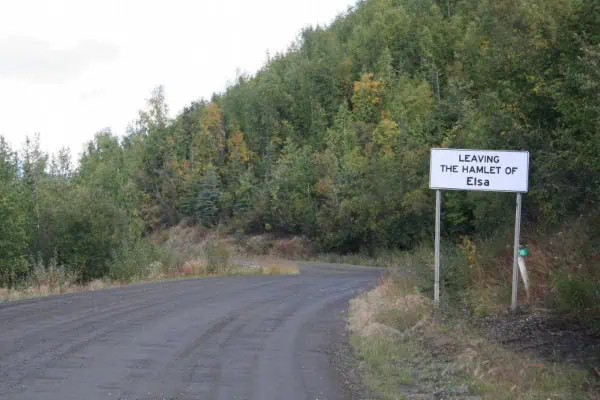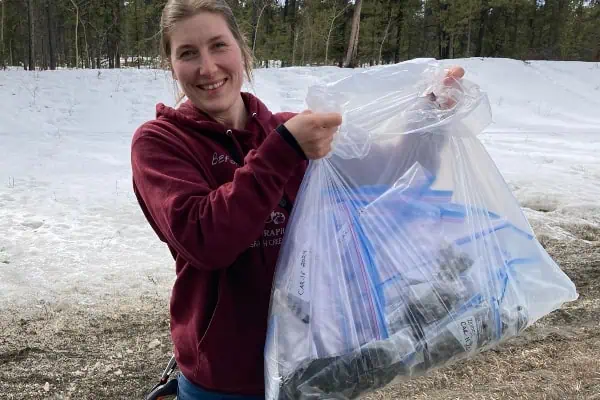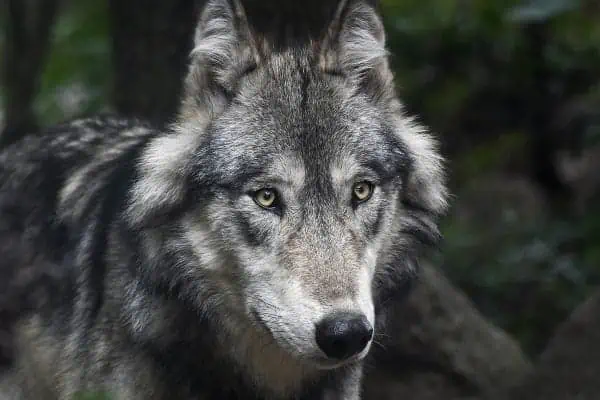Ice is important. It allows people and wildlife to use or cross lakes, ponds and rivers. Ice also provides access to what’s below: fish, muskrats and water, for example. Unfortunately, the mild fall temperatures in many parts of Yukon have again delayed ice formation.
This isn’t new. Recorded observations of Yukon River freeze-up in Whitehorse going back to the 1890s were analyzed and published by Janowicz in 2010. It showed about a 30-day delay since 1902.
Climate change is adding to the effects of the dam. Since 1948 the average Yukon winter temperature has increased 5.4°C, according to the Yukon government’s 2014 State of the Environment Report.
Waters outside Whitehorse have also had later freeze-up, earlier break-up and mid-winter thaws. Dawson City folks could still canoe the Klondike River at the beginning of this December. In 2003 Dawson flooded due to a mid-winter thaw. Climate data suggest that this is not just year-to-year variability.
What does this mean for wildlife? Perhaps it’s a good or a bad news story, depending on the species. Does a longer open water season mean a longer time for muskrats and beaver to more easily escape predators? For some species, a later freeze-up makes it harder to escape predators. In the winter eagles gather around open water to be able to access fish. Good for the eagles, but not so good for the fish.
For people, the effects of climate change on ice mean less predictable ice thickness and flexibility. Ice is flexible, but only to a point. Even experienced Yukoners – in areas they’ve used for years – have gone through the ice.
Barry Blisner, Whitehorse Fire Department Platoon Chief and Ice Safety Instructor, cautions people not to take it for granted that the ice is safe, “even if you see someone else’s tracks.” This is because conditions change and temperatures fluctuate.
He recommends having someone with you and being prepared.
Most reported incidents nowadays involve people trying to rescue their dog that went onto the ice.
“The weight of a person is more than a dog,” Blisner says, so people may break through the ice. Also, dogs can “last longer in the cold water than people.”
Don’t go out on the ice after the dog, he urges.
“Call 911. The Fire Department has the training and equipment,” he says. They’re prepared.
Two weeks ago 195 countries signed an international climate agreement. Once ratified, countries commit to limit the rise in global temperatures to “well below” 2 degrees Celsius. With the current increase in average Yukon winter temperatures well above this amount, we should all be prepared for unpredictable ice conditions.
As you gather with friends and family this holiday season, share stories about ice, prepare, then get out and enjoy our winter.
Ice safety guidelines can be found online at www.LifeSaving.bc.ca. Click on “Be Water Smart,” and then select “Ice Safety.”




